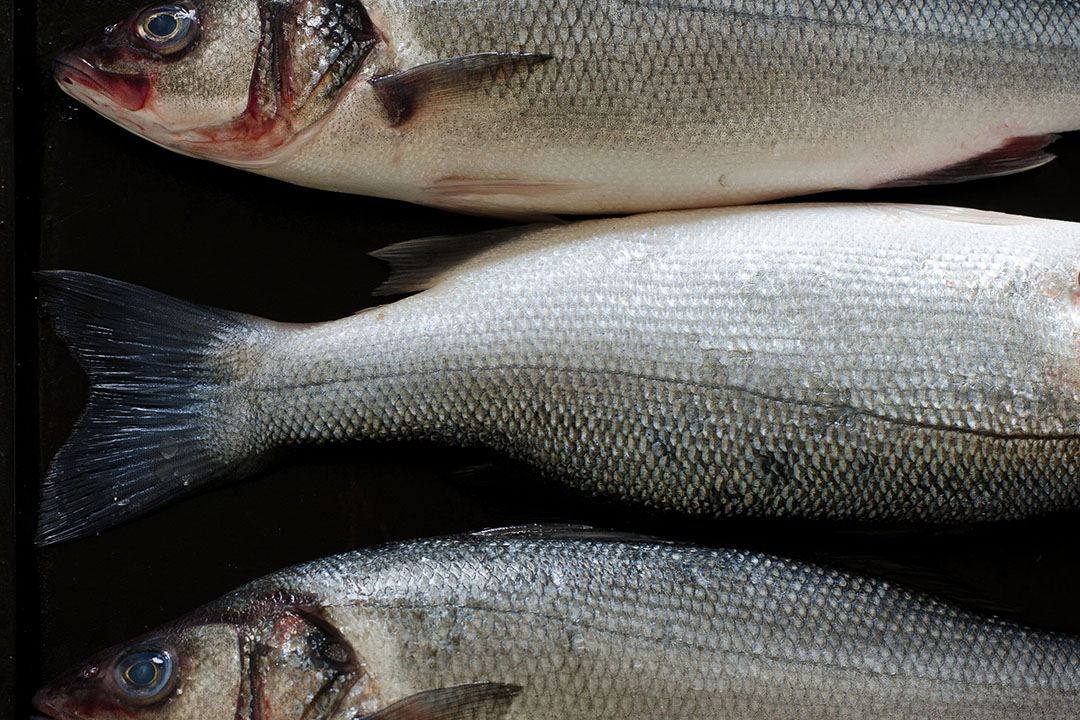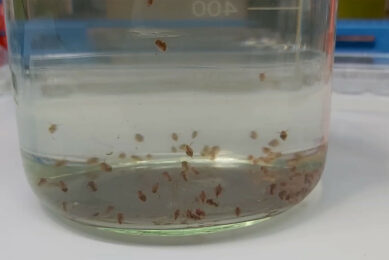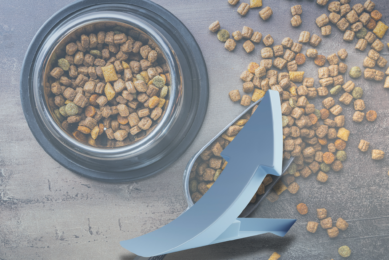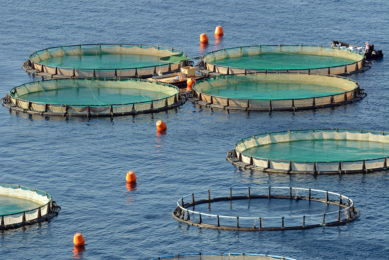Russia is set to ramp up fish meal production

In 2019, fish meal production in Russia reached 126,000 tonnes. This figure increased 46% since 2015, BusinesStat estimated.
By 2024, the production is expected to climb to 148,000 tonnes. In 2020, fish meal production in Russia is expected to reduce by 1% amid the coronavirus pandemic, but the growth trend will resume next year already, a research conducted by the Moscow-based think tank BusinesStat showed.
As of the beginning of 2020, the average prices of fish meat in Russia was Rub69,000 (US$ 900) per tonne, 10% lower compared to the same period of the previous year, the Russian State Statistical Service estimated. In Russia, fishmeal is primarily used in feed production. The increasing fish meal production would stimulate the development of the Russian aquaculture industry. In 2020, it reached 248,000 tonnes, 4% up compared to the same period of the previous year. Russian fish farmers have repeatedly been claiming that a lack of feed was among the main factors constraining industry development.
Better waste disposal
The significant growth of domestic production can be attributed to the development of fish waste processing technologies. Russian laws stipulate that all fish waste must be properly processed. However, not all companies comply with this regulation, resulting in environmental pollution. Besides, processing companies are losing profit, obtaining no marketable products from fish waste, BusinesStat said. The development of fish processing technologies and the tightening control over compliance with legislation in this area should boost the Russian fish meat production, according to BusinesStat.
 Improving immune performance in aquaculture through algae
Improving immune performance in aquaculture through algae
Recent research results show the potential of in-feed marine macroalgae polysaccharides for improving immune performance in aquaculture.
New capacities
Some new production facilities which are expected to be launched in the next few years are also likely to contribute to this trend, the company added. Russia is catching 4.8 million tonnes of fish per year, primarily in the Far East. During the past decades, the country has been exporting mostly raw fish. The Russian government has embarked on a so-called investment quotas programme to renew the domestic fishing fleet and boost fish processing capacities. Under this programme, fisheries are offered quotas for fish resources in exchange for investments into fleet and processing infrastructure.
By 2025, Far East fisheries plan to launch 14 fish processing plants with the overall value of Rub50 billion (US$ 800 million). This would be enough to ramp up the share of deep processed fish from the current 12% to 40%, the regional government estimated. Some new processing capacities are also expected to be launched in the Northern basin and the Black Sea.











